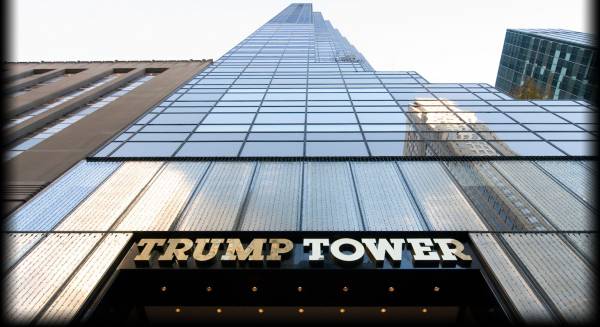How Will a Trump Presidency Affect USA Casino Regulations?
The US gambling industry is a hive of activity, what with the world’s gambling Mecca – Las Vegas – remaining the focal point of global gaming in the Western Hemisphere.
According to the Center for Gaming Research, the US commercial casino industry generated $40 billion + in revenues in 2016. In 2015, that figure was $39.1 billion. While the uptick is minimal, it is against the backdrop of recessionary times that people are now feeling more confident about the economy and enjoying casino-style entertainment. Of all the states in the US, Nevada trumps the competition. Gaming revenues in the silver state amounted to $11.3 billion from January 1, 2016 through December 31, 2016. Clark County – #2 in the world for gaming revenue – brought in $9.7 billion. This figure was up 1% from 2015.
Unbeknownst to many, Pennsylvania is the second most successful state in the US for gambling. The state brought in full year gambling revenue of $3.2 billion, +2.3% year on year. Next in line was Louisiana, with $3.1 billion, but there was a 4.4% decline in full-year gambling revenue among commercial casino operators. At position #4 on the list was Maryland with a sharp uptick in gambling revenue (+9.55%) year on year. The total annual revenue amounted to $1.2 billion with 5 commercial casinos operating in the state. Oklahoma posted the lowest gambling revenues for 2016 with nontribal casinos generating $113.3 million. The tribal casinos account for a huge number of gambling -related revenue in the state. There was little to celebrate in New Mexico, as gambling revenue declined 8.9% from 2015 to just $242.3 million for the year.
Will President Trump Help the Casino Industry?
Presently, President Trump is consumed with matters unrelated to gambling. He has fixed his attention on the border wall between the US and Mexico, rewriting the terms of trade for NAFTA, kick starting the Keystone XL pipeline, and strengthening the US military and its reputation worldwide. With such an ambitious agenda on his hands, Trump has not had any opportunity in his first 100 days in office to focus on local and state economies vis-à-vis gambling.
He has major financial backers in the form of fellow casino mogul Sheldon Adelson of the Las Vegas Sands – a staunch Republican. Adelson is vehemently opposed to online gambling, for fear that it would cripple his land-based casino enterprise in the US and Macau. The consensus is that Trump will be a proponent of online gambling. Many in the online gaming industry are cautiously optimistic about Trump, and it is likely that greater liberalization of the online gambling industry will take place with the new president.
New Jersey was the first major state to fully regulated online casino games. Governor Chris Christie moved swiftly in 2013 to legislate online casinos under the DGE (Division of Gaming Enforcement). Several heavyweight Atlantic City casinos partnered with leading online casinos, such as 888casino to provide fully regulated online gambling to residents in the Garden State. 888casino partnered with Bally’s Atlantic City (the land-based casino) to offer fully regulated online casino games for real money. This launch took place on November 26, 2013. 888casino is operated by Caesar’s Interactive Entertainment LLC in New Jersey.
Does Trump have an Interest in Regulating Online Casino Games?
Yes and No. Trump has several investments in gambling corporations, including a big one in Poker Ventures LLC which is pinning its hopes on online poker legislation. Perhaps Trump’s most assertive comment on online gambling was with Forbes Magazine: ‘Online gambling has to occur because many other countries are performing it, and like usual the US is just missing out.’ But a caveat is in order – this president has a tendency of flip-flopping on major issues, depending on where public opinion is at the time.
If Trump’s association with Sheldon Adelson is anything to go by, it is unlikely that Trump insiders will push too hard for greater liberalization of online gambling, for fear that he will alienate a staunch backer of his campaign. Key Republicans are opposed to online gaming, including Jason Chaffetz and Mitch McConnell and Senator Lindsey Graham. Unfortunately for online gaming aficionados and Trumpsters (fans of Trump), the president has landed in the quagmire of the very Washington swamp he sought to drain!














